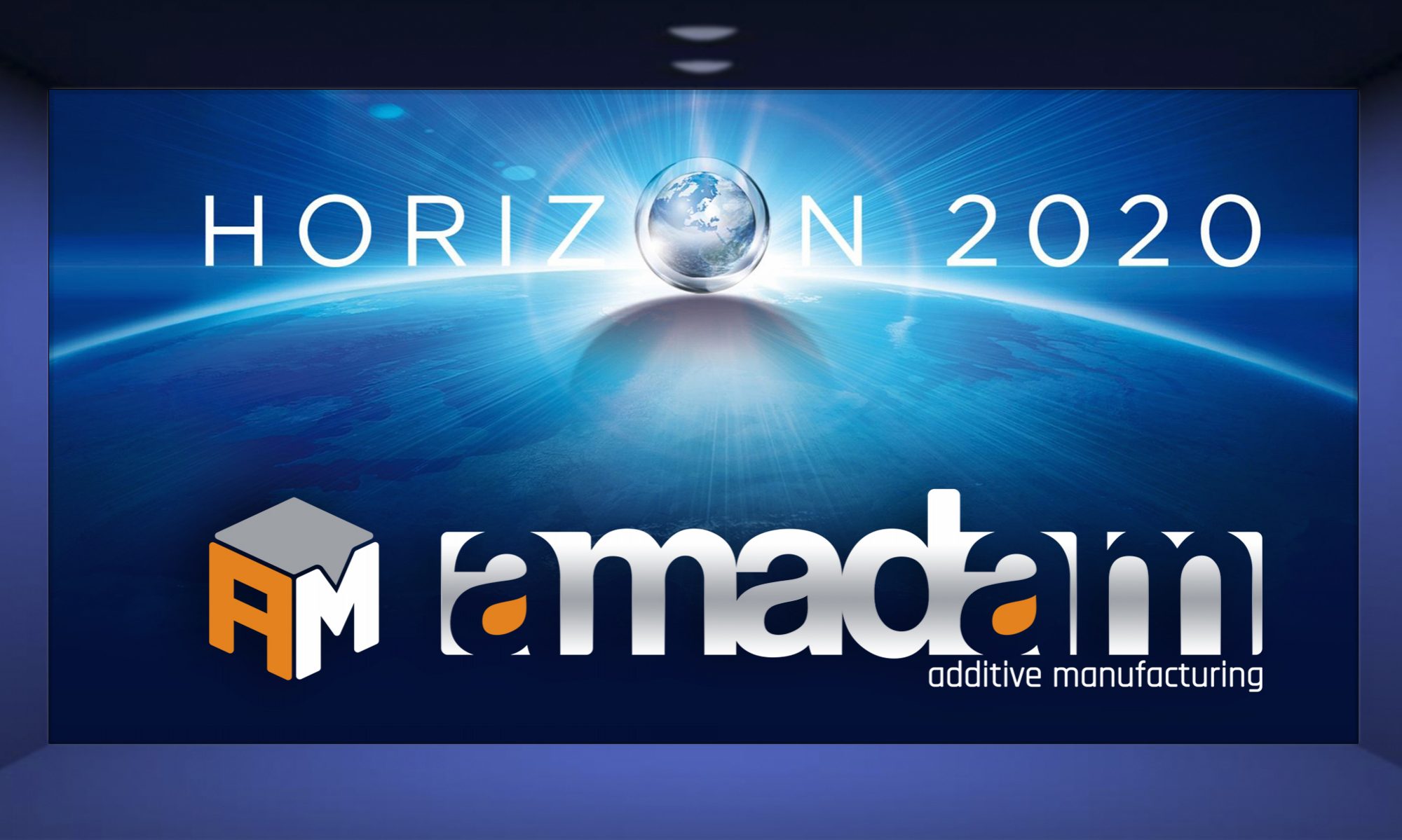| Faculty of Mechanical and Civil Engineering in Kraljevo University of Kragujevac /Serbia/ |
UniKv | 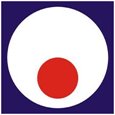 |
| Department of Industrial Engineering (DIN) University of Bologna /Italy/ |
UniBo | 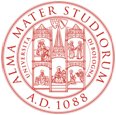 |
| Studio Pedrini S.r.l Bologna /Italy/ |
SP |  |
| Topomatika d.o.o. Zagreb /Croatia/ |
TOP | 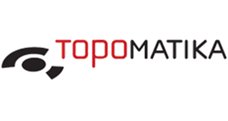 |
| Plamingo d.o.o. Gračanica /Bosnia and Herzegovina/ |
PLA | 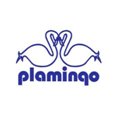 |
The presented consortium is formed to achieve the goal of establishment of rules for advanced design of products by SLS and their dissemination to industrial and mechanical designers, thus contributing to unlocking of potentials of additive manufacturing as technology for new age. An analysis of the required knowledge and skills for the accomplishment of the project resulted in conclusion that the project requires scientific expertise in SLS technology, material science, experimental mechanics and engineering expertise in prototyping and tooling applications, as well as in measurement of spatial distribution of stress. Besides, the project requires project management skills and experience.
The A_MADAM project consortium is not built “ad‑hoc”; it is built through series of national and international projects on a sound and clear concept of cooperation between universities and SMEs. The assembling of the project team started in 2000 with cooperation between UniBo and SP in industrial projects in region of Emilia Romagna, one of European regions with the largest number of SMEs. In the 2000s, researchers from UniBo, UniKv and TOP met at conference for young researchers and established cooperation. UniBo became strategic partner of UniKv in FP7 Capacities project “SeRViCe”, which supported development of research capacities of UniKv. Researchers from UniKv that were seconded to UniBo adopted the concept of cooperation between university and SMEs and implemented it in Serbia in the course of the EU funded project “IMPuls”. For its expertise in reverse engineering and on recommendation of UniBo, TOP provided support to UniKv in realization of the project. Finally, in course of the realization of the project “IMPuls”, PLA arose first as user as a valuable partner to UniKv, offering expertise in tool design that other project partners were missing.
An important characteristic of the consortium is that there is no overlapping expertise between the project partners, and the consortium represents a minimal set of institutions necessary to accomplish the project goal.
Through exchange of knowledge will arise synergetic effects within the consortium, because the researchers will broaden their view to the problems, and they will not look for solutions in the same way; the consortium will not be simple sum of members, because each member of consortium will be changed by the exchanged knowledge. The synergetic change of consortia members is one of necessary conditions for achievement of project goals, because it is already established that the unlocking of potentials of additive manufacturing requires a new breed of designers and researchers, and the exchange of knowledge envisaged in this project is an effort in this direction. The new breed of researchers created in this consortium leads to a new breed of research, a crossbreed between the industrial and academic research. The goal of the research (advanced rules for design of products) is completely oriented towards needs of engineers and industry, but the general nature of the goal (rules, and not a specific product) has character of academic research.
Human resources
The project consortium is formed to provide the required scientific and engineering expertise, and the work plan is made to require the balanced engagement of human resources of partners, related to its human resource capacities.
As the largest SLS facility in the region, UniKv has expertise in the SLS technology and materials. UniKv also has vast experience in experimental data processing. Besides, UniKv was project coordinator of two EU funded projects with budgets more than 1 million EUR, so it has required management experience and skills. For that reason, the UniKv is proposed to be project coordinator of this project. The extensive engagement of human of the UniKv leads to 48 MM of outgoing secondments and 24 MM of incoming secondments. UniKv will dedicate whole personnel of the Laboratory for advanced design technologies “3D Impulse” – 3 researchers with PhD, 3 PhD students and 2 technicians to the project. The leading expertise on SLS technology will provide Prof. Snežana Ćirić Kostić, the Head of the Laboratory, and the leading expertise in experimental data processing will provide Prof. Zlatan Šoškić, with two decades in experimental measurements in physics and mechanical engineering. prof. Ćirić Kostić will be the project coordinator and, consequently, the work package leader on WP7‑MANAGE, and Dr. Nebojša Bogojević, the Chief Engineer of the Laboratory, will be work package leader on WP2-PRODUCE.
According to its experience, UniBo will provide the expertise in experimental mechanics and scientific leadership in the project. Due to the high expertise, the UniBo has 20 MM of outgoing secondments and 12 MM of incoming secondments. UniBo will dedicate a part of staff of Machine Elements Laboratory to the accomplishment of the project goals, with 3 researchers with PhD, 2 PhD students and 1 technician. The leading expertise in impact testing and fracture mechanics will be provided by Prof. Giangiacomo Minak, Head of Laboratory of Department of for Industrial Engineering, and the leading expertise on fatigue testing and statistical data processing will be provided by Prof. Dario Croccolo, with more than two decades in experimental tests of mechanical structures. Prof. Minak will be the Scientific Manager of the project and the work package leader on WP5‑DISSEMINATE, and Prof. Croccolo will be work package leader on WP3‑ANALYZE.
TOP will provide expertise and experience in optical methods for measurement of deformations, such as 3D scanning and Digital Image Correlation. TOP has wide experience in demanding industrial applications, such as measurements in aviation industry, measurements of large turbines in hydroelectric power plants, measurements of deformations during crash tests in automotive industry, and will be able to solve the problems of measurements in fracture mechanics tests. To the purposes of the project will be engaged one researcher with PhD, 2 engineers and 1 technician. The leading expertise will provide Dr. Nenad Drvar, researcher who received PhD in optical measurements methods from University of Zagreb in 2008. Due to the limited human capacities of this innovative measurements company with unique expertise, it will provide only 12 MM of outgoing secondments and receive 26 MM of secondments. The researchers seconded to TOP will have excellent opportunity to be trained in optical measurement methods by participation in TOP projects, but furthermore, TOP will provide them formal training at certified courses, and award the seconded researchers certificates in optical measurement methods. Dr. Drvar will be also the work package leader of WP3‑TEST.
SP will provide experience and expertise in prototyping applications. SP will dedicate to the project three engineers and one technician. The leading expertise in the field will provide Gian Luca Monti, president of SP, who participated in almost 300 industrial and mechanical design projects, and is author of a patent in the field of rapid prototyping with prof. Minak. SP will send Michele Monti, a junior researcher, for 12 MM of secondments to UniKv, and receive 24 MM of secondments from UniKv, who will participate in product design activities of SP. Mrs. Simona Montanari will assume duties of the work package leader of WP6‑COMMUNICATE.
PLA will provide experience and expertise in tooling applications. The leading expertise in the field will provide Nusret Muharemović, Leading Engineer in the MTTC, the R&D unit of PLA. MTTC provides research and innovation services of tool design to PLA, but also provides life-long-training for engineers in form of certified courses for mechanical design software. Mr. Muharemović, who is certified mould tools specialist with 12 years of experience, is designer of 412 tools for injection moulding, and co-author of three patents registered with German partners. Since PLA is a medium-size company, its human resources are not critical for accomplishment of the project. PLA will commit two researchers from MTTC for 12 MM of secondments and receive three researchers for 18 MM of training in tooling applications. The seconded researchers will receive informal training by participation in large tool design projects, such as ongoing project of design of tools for BMW F57 (budget 300,000 EUR) or small projects, such as ongoing project of design of tools optical cables for Serbian Telekom (budget around 20,000 EUR). Besides, the hosted researchers will receive formal training by MTTC through the certified mechanical design courses and they will be awarded appropriate certificates. Mr. Muharemović will be engaged as work package leader of WP1‑DEFINE.
Research infrastructure
Project partners have all the equipment needed for the successful accomplishment of the project.
UniKv will provide research equipment for manufacturing of samples by SLS technology in the WP2-PRODUCE. The research equipment belongs to the Laboratory for advanced design technologies “3D Impulse”, which, with the machine for manufacturing of metal (maraging and stainless steel, aluminium, titanium, cobalt-chrome alloys) parts EOS INT 280 and the machine for manufacturing plastic (polyamide) parts and composite (glass-filled polyamide, carbon-filled polyamide and aluminium-filled polyamide) parts EOS Formiga P100, represents one of the most powerful European research facilities for SLS manufacturing. Besides, the Laboratory also possesses 3D scanner Atos Compact Scan 5M for dimension control of the samples with complex shapes.
SP will provide research equipment for manufacturing of samples by PolyJet technology in the WP2-PRODUCE. For that purpose will be used 3D printer Objet Eden 500V which can manufacture objects from epoxy resins photopolymer (available in different colours), rubber, ABS plastics, carbon fibres and aluminium-based compounds, mixed with polyamide resin or resin and glass. Besides, the Centre has Faro 3D scanner for dimension control of the samples with complex shapes.
PLA will provide research equipment for manufacturing of samples by 3D printing technology in the WP2‑PRODUCE. For that purpose will be used 3D printer Z510, which can manufacture objects from polymer materials. Besides, the Centre has scanner Z700 for dimension control of the samples with complex shapes.
UniBo will provide research equipment for experimental mechanics that will be used for characterization of samples, fatigue testing, impact testing and studies of fracture mechanics. The equipment for tensile testing and fracture mechanics consists of five “Instron” servo-hydraulic testing machines. The testing machines have different load capacities (10-50-200-250-500 kN of dynamic load) and various types of load (axial, torsional, flexion). The equipment for fatigue testing consists of resonant axial machine and a four−point−rotating bending machine. Impact tests will be performed using drop-weight testing machine and Charpy impact pendulum.
TOP will provide research equipment for experimental measurements of spatial distribution of deformations for the activities of the WP3-TEST. To these purposes will be used expert measurement system for non-contact measurements of 3D displacements and velocities GOM ARAMIS and GOM PONTOS. The application of this equipment for fatigue testing, impact testing and crack propagation studies, as well as studies of Digital Image Processing as modern optical method for measurement of displacements is the main interest of TOP in the project.
